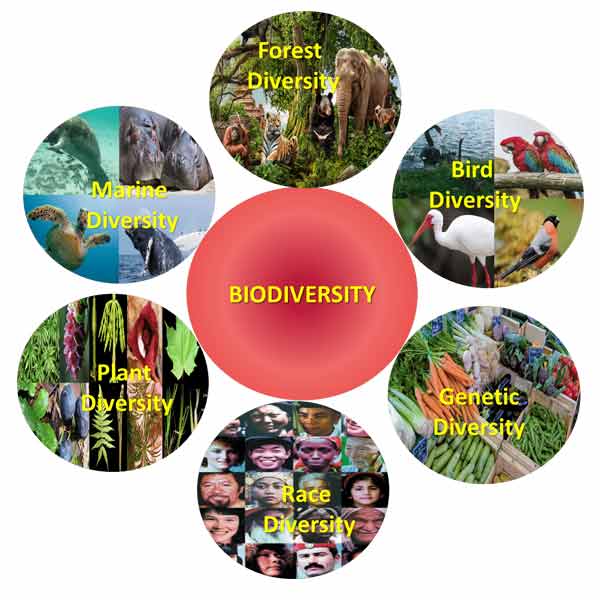Renewable energy refers to energy derived from natural sources that are replenished at a faster rate than they are consumed. Unlike fossil fuels, which are finite and contribute to greenhouse gas emissions and climate change, renewable energy sources are sustainable and have a lower environmental impact. The growing emphasis on transitioning to renewable energy is driven by the need for cleaner energy solutions to combat climate change, reduce pollution, and achieve energy security.
The primary purpose of renewable energy is to provide a sustainable and clean energy supply that meets the growing global energy demand while minimizing environmental impact. By transitioning to renewable energy sources, societies can reduce greenhouse gas emissions, combat climate change, and promote energy independence. Ultimately, renewable energy plays a crucial role in fostering a sustainable future, enhancing resilience, and protecting the planet for future generations.




